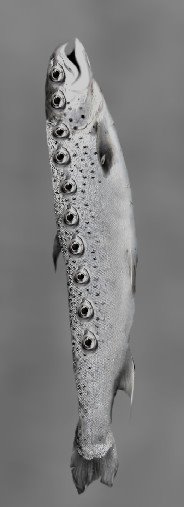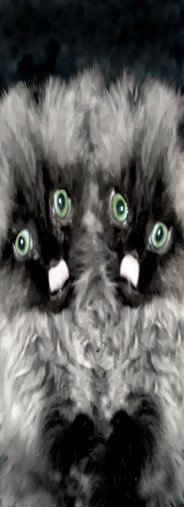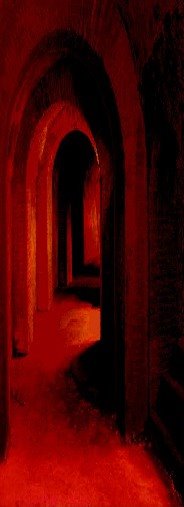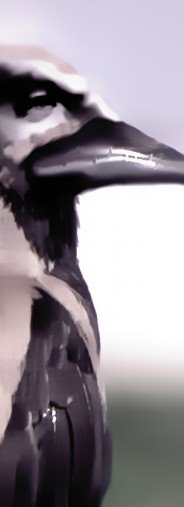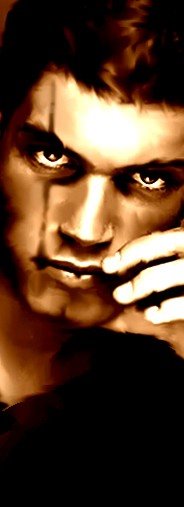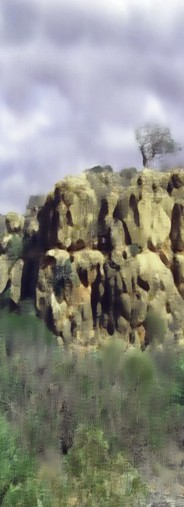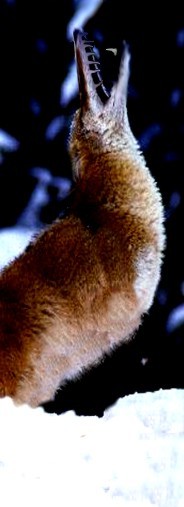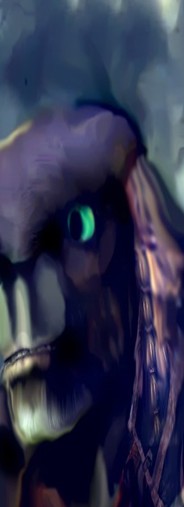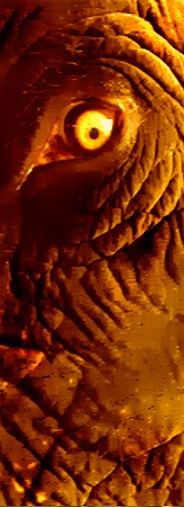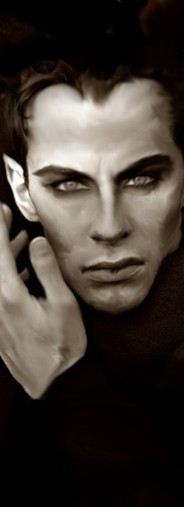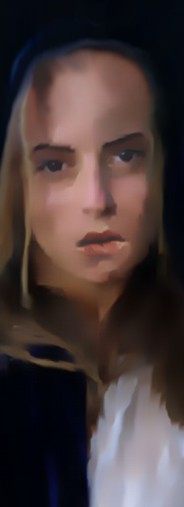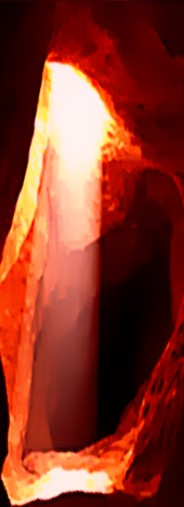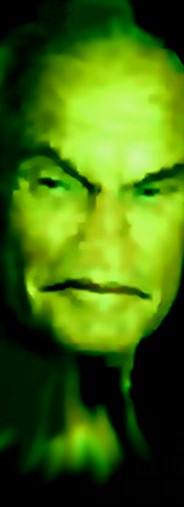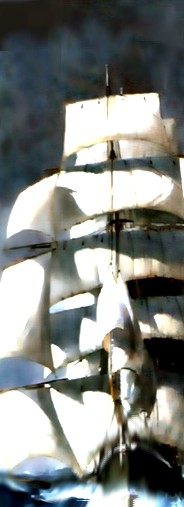The other day my little girl put on a pair of overalls and looked just like Scout in Harper Lee's To Kill a Mockingbird (only prettier).
About an hour ago, I finished my final draft of Chapter 11 which is set in a rain-soaked, fog-filled swamp, about as far away from Maycomb, Alabama as one can get. However, I wanted to capture something of the feeling I had when I read the first few chapter of Lee's beautiful novel. There are a few flashbacks in Chapter 11, all concentrated upon the character of Sir Edgar Worseley. The extract below is from a flashback that reads like a mixture of the antics of Jem, Scout and Dill and the sort of thing I'd do with a friend when my parents weren't looking.
Dominic, the younger of the two boys, snuggled down in the orange pile of leaves and shot his brother an impish grin. Edgar grinned back then snatched up handfuls of surrounding leaves and covered his younger brother's head until was completely obscured. Content with Dominic's autumnal disguise, Edgar then ran off down the footpath to a tall, decrepit house surrounded by weeds and dead flowers. The occupant of the house, an ornery, retired public official who was only known by the moniker Taxman Tomkins, was seated in a rocking chair ready to hurl abuse at anyone unfortunate enough to come within earshot. Taxman was renowned for his cantankerous disposition and spent most of his day scowling at passers-by, insulting any who had the misfortune to look his way.
The old man's jaw dropped when he saw young Edgar Worseley kick open his gate and come running down his garden path hollering at him to get up and follow. Ignoring all Taxman's protestations, Edgar spun a tremendous story explaining how the mayor had summoned the old man to his chambers, requiring fiduciary advice regarding a complicated taxation issue. Grumbling as he went, Taxman hobbled down the broken footpath, trying to keep up with Edgar who stopped from time to time to hurry up the old man.
Upon reaching an unusually large pile of leaves outside the Worseley house, Taxman Tomkins stopped to regain his breath. It was at that moment, the mound of leaves exploded and Dominic Worseley leapt out of his foliaceous crypt with a groan that would chill the bravest heart. He then danced around the old man like some crazed beast before running off down the street to join his brother who was rolling on the ground, his entire body wracked with maniacal laughter.
Now I've finished the chapter, I have to say, it's my favourite thus far. I think it is certainly the most well-written chapter. It has a wonderfully tragic aspect that I don't want to spoil here. The character of Edgar is comic, noble and tragic all in one. This chapter also has a few really good twists and it manages to wrap up a lot of the exposition about Caliban without slowing down the story.
I like a lot of the things I invented for this chapter such as the yaffle birds, the bogcrabs and Mag Mel's memory-inducing odours. The smells of the swamp being a stimulant for memories worked really well, especially when Edgar experiences a memory he had long-forgotten but proved to be extremely significant in the context of the story.
"When nothing else subsists from the past, after the people are dead, after the things are broken and scattered· the smell and taste of things remain poised a long time, like souls· bearing resiliently, on tiny and almost impalpable drops of their essence, the immense edifice of memory"
-Marcel Proust The Remembrance of Things Past
I am really enjoying using flashbacks as a means to illuminate aspects of plot and character. This is something that has been a part of the book since the start, but I think I am getting a lot better at using them. Although I lost interest in the TV show Lost (no pun intended) when I heard the writers believed they had at least seven seasons' worth of shows (I'm not that patient - I can't wait seven years for answers) I did like the way flashbacks in that show sometimes threw certain scenes into a completely different context, and sometimes made you feel differently about a character.
When I think about it, the book does have quite a few similarities with Lost - the ensemble cast, the multi-layered narrative, the themes of loyalty, revenge, sins of the past etc. I can also see comparisons could be drawn between Caliban's End and Heroes for similar reasons. I wouldn't mind being compared to Heroes when it comes down to it. I think the mapping of the plot in that show is brilliant and I love the way the seemingly disparate threads are slowly being pulled together.
Speaking of Heroes, last week the true name of Sylus was revealed - Gabriel Grey. The name Sylus came from the watch he was wearing when he killed his first victim. The surname Grey is applicable on a symbolic level and perhaps the name Gabriel (meaning 'Man of God') is also significant. Without giving too much away, I also use names in a similar fasion. The character of Tripp is a playful homage to Odysseus from Homer's epic, the surname Grayson is significant especially considering the ambiguity of the Morgai inheritance (grey + son) and Caliban is named after the deformed monster of Shakespeare's The Tempest.
...you're an old hand at deception.
And you lied to me so much,
about the world, about myself,
that you ended up imposing on me
an image of myself:
underdeveloped, in your words, undercompetent
that's how you made me see myself!
And I hate that image...and it's false!
-Act 3, Scene 5
"Une Tempete" by poet Aimé Césaire.
I even use the name Gabriel but saying any more would be a major spoiler!
Anyway, Chapter 11 is done and I'm only four chapters away from concluding the first book. The last chapter in the first book is fittingly set in a city called Terminus. I hope to be posting a blog on finishing that chapter by the end of autumn. Time will tell.
Monday, April 09, 2007
Subscribe to:
Posts (Atom)







